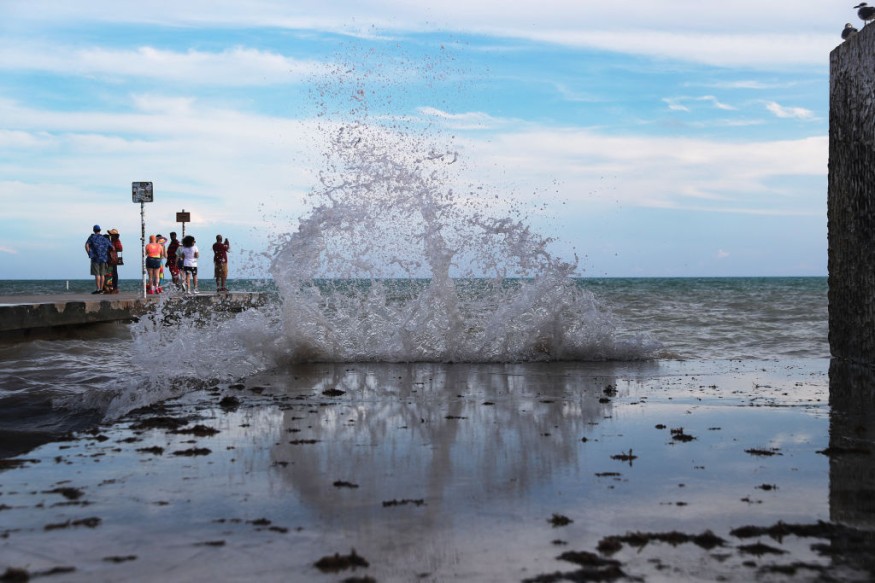
A recent study confirmed that the Gulf Stream is indeed weakening.
Warm water flow over the Florida Straits has reduced by 4% in the last four decades, with serious consequences for global climate.
Stream Slowed Down
The ocean current begins in Florida and runs through a belt of warm water along the United States. The East Coast and Canada are visited before crossing the Atlantic to Europe.
Its ability to transmit heat is critical for sustaining temperate conditions and managing sea levels.
However, this stream has slowed down, according to the researchers in a report published on September 25 in the journal Geophysical Research Letters.
"This is the strongest, most definitive evidence we have of the weakening of this climatically-relevant ocean current," lead-author Christopher Piecuch, a physical oceanographer at the Woods Hole Oceanographic Institution in Massachusetts,
The Gulf Stream is merely a minor component of the thermohaline circulation, which is a global conveyor belt of ocean currents that transports carbon, heat, nutrients, and oxygen throughout the world while also influencing storm activity and sea levels.
It begins in the Caribbean and flows into the Atlantic via the Florida Straits, transporting warmer southerly waters (which are saltier and denser) northward for cooling and sinking in the North Atlantic.
After it sinks deep into the ocean and releases its heat into the atmosphere, the water slowly flows southward, where it heats up again and the cycle begins again.
This technique is critical for maintaining sea levels and temperatures around the US East Coast, where the current's sweeping action kept the water 5 feet (1.5 meters) lower than the water further offshore.
According to scientists, as the Earth's temperature warms, a tremendous influx of cold, fresh water from melting ice sheets is spilling into oceans, potentially slowing or even collapsing the Gulf Stream. However, due to the system's size and complexity, this is difficult to establish.
Slow Start
To uncover convincing proof that the stream is slowing, scientists reviewed data from three independent sources spanning 40 years-undersea cables, satellite altimetry, and on-site observations-to observe the motions of the current around the Florida Straits.
A 4% shift may appear to be little at first glance, but scientists said that this might be a slow start.
"It's like those early days of COVID. People were like: 'Oh, there's only 60 cases. We don't care about this,'" says Helen Czerski, an oceanographer at University College London (UCL). "There's only 60 cases, yeah, but yesterday there were 30 and the day before that there were 15. If you just think a week ahead, we've got a problem."
To find definitive proof that climate change is to blame, scientists will need to distinguish between natural variability in ocean systems and the impact of global warming-a difficult task given the relatively short time that humans have been directly measuring ocean flows in detail.
Related Article : Gulf Stream Transport Of Water Slows Down Indicating Weakening Due To Climate Change, Study Says
Related Video:
© 2026 NatureWorldNews.com All rights reserved. Do not reproduce without permission.





